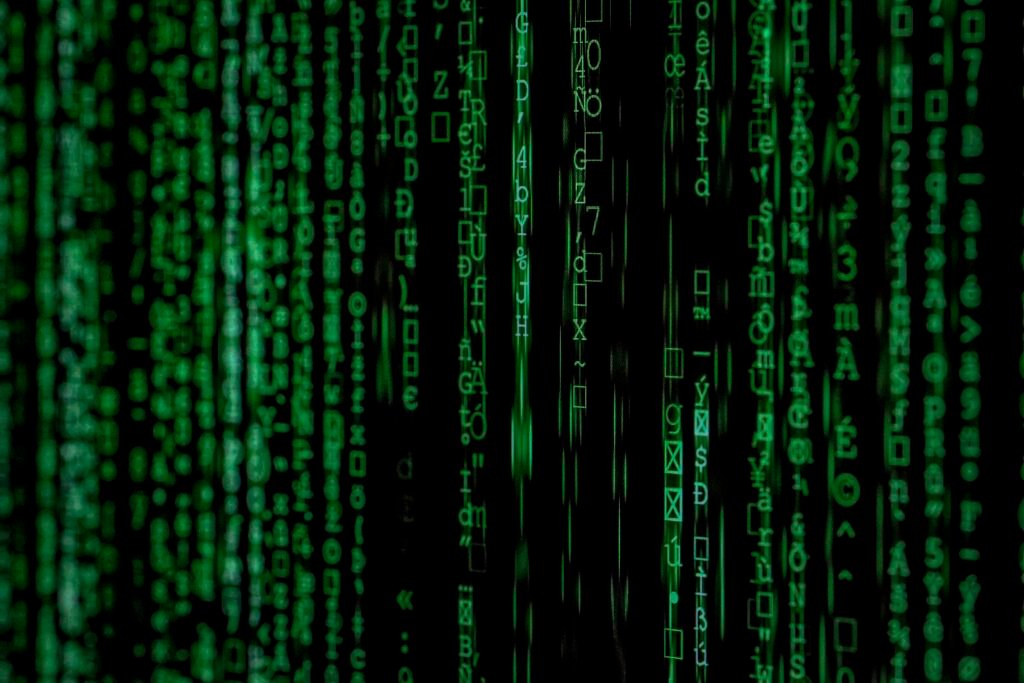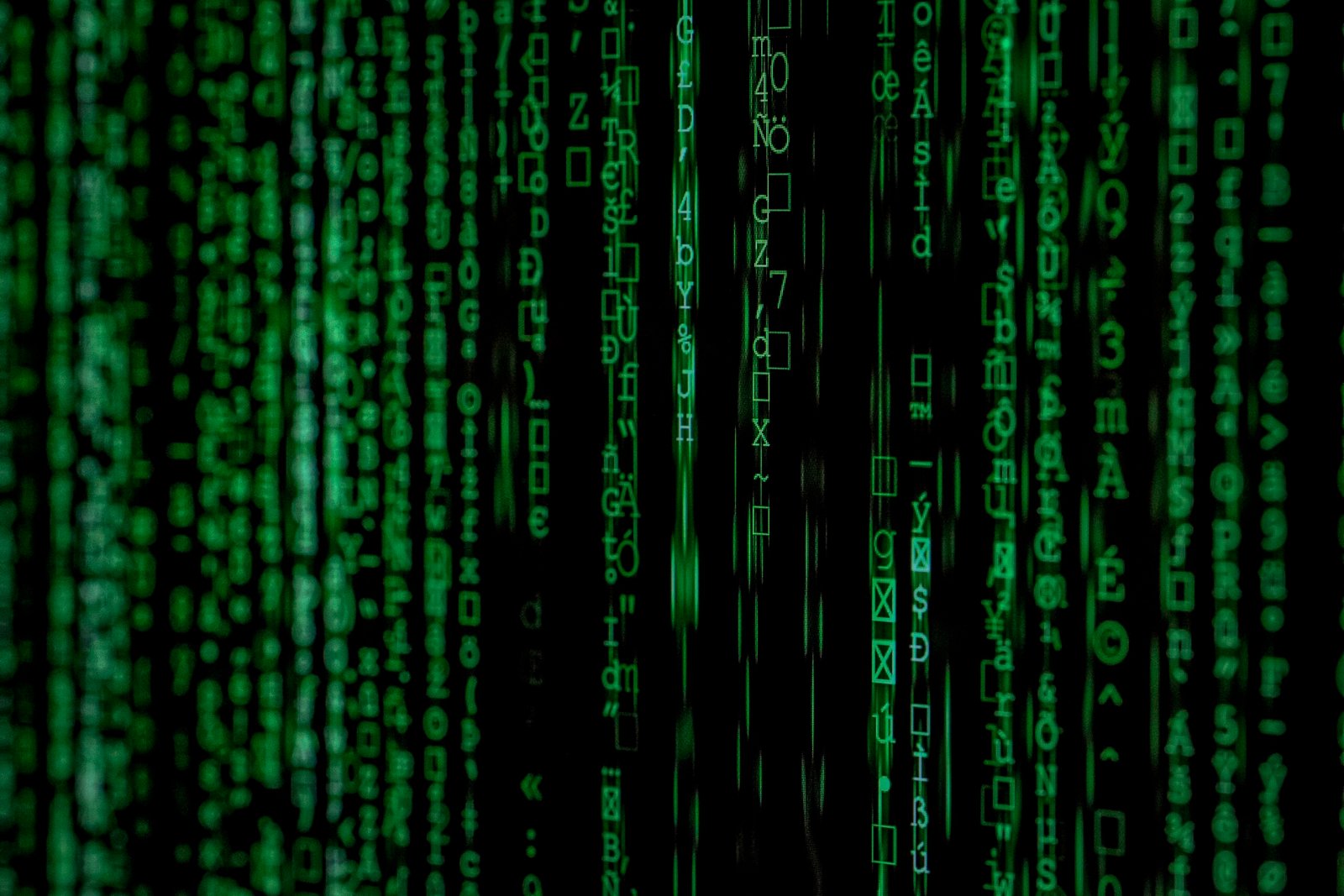Imagine a future where technology we create surpasses our own intelligence, making decisions and controlling systems that impact our everyday lives. From self-driving cars to medical diagnoses, artificial intelligence (AI) is advancing rapidly, but are we fully aware of its potential dangers? In this thought-provoking article, we will explore the risks associated with AI, shedding light on how it could potentially become a double-edged sword if not handled responsibly. Brace yourself for a captivating journey into the untamed territory of AI’s dangerous possibilities.
Loss of jobs
Artificial Intelligence (AI) has undeniably changed the job landscape, leading to a potential loss of jobs. One of the main contributors to this is the automation of tasks. As AI technologies continue to advance, many routine and repetitive tasks can be efficiently and accurately performed by machines. This automation disrupts traditional job roles, leading to the elimination of certain job positions.
However, it is important to note that not all job roles are equally impacted by AI. Certain industries or occupations may face a greater risk of job displacement. The unequal distribution of jobs can exacerbate income inequality and socio-economic disparities. It is crucial for society to address these challenges and ensure that the benefits of AI are shared inclusively.
Ethical concerns
With the rapid development of AI, there arise ethical concerns that demand attention. One such concern is the development and use of autonomous weapons. These AI-powered weapons have the potential to make independent decisions about who to target and when to strike, without human intervention. This raises questions about the morality, accountability, and control over the use of lethal force.
Furthermore, AI lacks empathy and moral reasoning, which can have significant implications. While AI systems can process vast amounts of data and make decisions based on patterns and algorithms, they lack the emotional intelligence that humans possess. This can result in AI systems making decisions that do not align with human values or fail to consider the nuances of ethical dilemmas.
In addition, privacy and data security become major concerns when AI systems gather and process massive amounts of personal data. The misuse or mishandling of this data can lead to breaches of privacy, identity theft, and unauthorized surveillance. It is crucial for strong regulations and safeguards to be implemented to protect the privacy rights of individuals.

Unemployment and income inequality
The rise of AI technology can lead to structural unemployment, where workers skilled in jobs that are highly susceptible to automation experience difficulties finding employment. Jobs that involve repetitive tasks or require minimal human judgment are most at risk. This can contribute to increasing unemployment rates and widening income inequality.
Additionally, the impact of AI technologies is particularly pronounced on the lower-skilled workforce. While AI can streamline and automate certain tasks, it often requires workers with specialized skills to develop, maintain, and oversee these technologies. This can result in a mismatch between job opportunities and the skills possessed by those who are displaced, further exacerbating income disparities.
To address this, investments should be made in retraining and upskilling programs to equip individuals with the necessary skills for the future job market. Efforts should also be made to ensure equal access to educational opportunities, including technical and vocational training, to promote a more inclusive society.
Bias and discrimination
One concerning issue related to AI is the accumulation of biased data. AI systems learn from the data they are trained on, and if the data contains inherent biases, the AI can reinforce and perpetuate those biases. This can result in discriminatory decision-making processes, such as biased hiring practices or unfair treatment in automated systems.
Moreover, the reliance on AI systems can reinforce existing prejudices and societal inequalities. If AI algorithms are trained on historical data that reflects discrimination or inequality, the resulting systems may perpetuate these biases. This can have adverse effects on marginalized communities, exacerbating social disparities and hindering progress towards a more equitable society.
Lack of accountability is another aspect of this issue. When AI systems make biased decisions, it is challenging to determine who should be held responsible. Ensuring transparency and accountability in the development and deployment of AI systems is essential to address these concerns and promote fairness and inclusivity.

Superhuman capabilities
Artificial Intelligence can exhibit superhuman capabilities, surpassing human performance in various tasks. While this can be seen as a positive development, there are potential risks associated with the misuse or abuse of these capabilities.
A major concern is the power imbalance that can arise when AI systems possess superior abilities. This can lead to significant asymmetry in fields such as warfare, cybersecurity, or economic competition. It is crucial to establish ethical frameworks and regulations to prevent the misuse of AI’s superhuman capabilities for harmful purposes.
Another risk is the loss of human control. As AI systems become more advanced and autonomous, the ability to fully understand and predict their decision-making processes becomes increasingly challenging. This lack of human control raises concerns about unintended consequences or actions that go against human values. Efforts should be made to ensure that AI systems operate within predefined boundaries and are aligned with human interests and ethical principles.
Dependence and vulnerability
As society becomes more reliant on AI systems, concerns about dependence and vulnerability arise. Overreliance on AI systems can lead to a loss of human skills and critical thinking abilities. When humans rely heavily on AI for decision-making, their own cognitive capabilities may diminish over time, potentially leading to a loss of expertise and human judgment.
Furthermore, AI systems can be susceptible to failures or manipulation. Whether due to technical glitches, hacking, or intentional manipulation, the vulnerability of AI systems poses risks to individuals and organizations relying on their functionality. Interference with critical infrastructures, such as transportation or healthcare, due to AI-related vulnerabilities can have severe consequences.
To mitigate these risks, it is essential to maintain a balance between AI and human involvement. Humans should retain the ability to assess and verify AI-generated outputs, ensuring that they align with their own expertise and knowledge.

Exacerbating social problems
Artificial intelligence has the potential to exacerbate existing social problems. The spread of misinformation, for example, can be amplified by AI-driven algorithms that prioritize engagement rather than accuracy. These algorithms may inadvertently promote false or misleading content, leading to misinformation campaigns that have far-reaching implications on public opinion and decision-making processes.
AI technology also enables the creation of deepfakes, which are manipulated videos or images that appear genuine but are entirely fabricated. The enhancement of deepfakes through AI algorithms raises concerns about their use for malicious purposes, such as spreading disinformation, defamation, or compromising trust in the authenticity of visual evidence.
Given the significant impact of AI on the dissemination of information, efforts must be made to develop and deploy AI systems responsibly. This includes promoting ethical practices, implementing fact-checking mechanisms, and nurturing media literacy skills to enable individuals to critically evaluate the information they encounter.
Unpredictability and unintended consequences
The complex nature of AI systems introduces the possibility of unpredictable errors or malfunctions. AI algorithms are often trained on vast amounts of data, and their decision-making processes may be influenced by unforeseen factors or biases. As a result, unexpected and undesirable outcomes can occur.
Furthermore, AI systems can exhibit emergent behavior, meaning they may develop patterns or actions that were not explicitly programmed or anticipated. This emergent behavior can create challenges in controlling and intervening in the decision-making processes of AI systems, especially when the underlying mechanisms are complex and not fully understood.
The difficulty in controlling complex AI systems underscores the importance of rigorous testing, monitoring, and ongoing evaluation. It is essential to establish appropriate regulatory frameworks that ensure the safe and responsible deployment of AI and address the potential risks associated with unpredictability and unintended consequences.
Lack of human judgment and creativity
As AI technology progresses, concerns arise regarding the limitations in problem-solving abilities and the absence of emotional intelligence in AI systems. While AI can process vast amounts of data and detect patterns, it struggles with complex and ambiguous problems that require creative thinking, intuition, and human judgment. This limitation restricts AI’s ability to fully replace human expertise and innovation.
Furthermore, emotional intelligence plays a vital role in many aspects of human interaction and decision-making. AI, devoid of emotions, lacks the ability to understand and respond to human emotions, resulting in a diminished ability to provide empathetic and compassionate support or make decisions that consider the nuances of human experiences.
Recognizing and preserving the unique human capabilities of judgment, creativity, and emotional intelligence is essential in an AI-driven world. Humans and machines should collaborate to leverage AI’s strengths while ensuring that human judgment and creativity are not diminished or undervalued.
Dependency on AI for critical decision-making
As AI technologies become more advanced, the decision-making processes in critical systems can increasingly rely on AI algorithms. While this can bring efficiency and accuracy, it also introduces risks and challenges.
Failures in critical systems that heavily rely on AI algorithms can have devastating consequences. Whether it is in healthcare, autonomous vehicles, or financial systems, errors or malfunctions in AI-driven decision-making can result in harm to individuals, disrupt services, or lead to financial losses.
Moreover, the overreliance on AI can result in a loss of human oversight and accountability. When humans fully delegate decision-making to AI systems, there is a risk of blindly trusting AI outputs without critically analyzing or verifying them. This lack of human involvement can lead to unfair or biased outcomes, as well as a diminished understanding of the decision-making process itself.
To address these challenges, it is crucial to strike a balance between human judgment and AI-driven decision-making. Humans should retain the ability to evaluate AI-generated outputs, provide feedback, and intervene when necessary to ensure fairness, accountability, and the preservation of human values.
In conclusion, while artificial intelligence offers immense potential for societal progress and technological advancements, it also poses significant risks and challenges. It is essential to proactively address the ethical concerns associated with AI, including its impact on job displacement, biases and discrimination, superhuman capabilities, societal vulnerabilities, unintended consequences, and the preservation of human judgment and creativity.
By recognizing these risks and implementing responsible practices, regulations, and safeguards, we can harness the benefits of AI while minimizing its potential negative impact. Embracing a human-centered approach to AI development and deployment is crucial to build a future where technology and human values align harmoniously.






